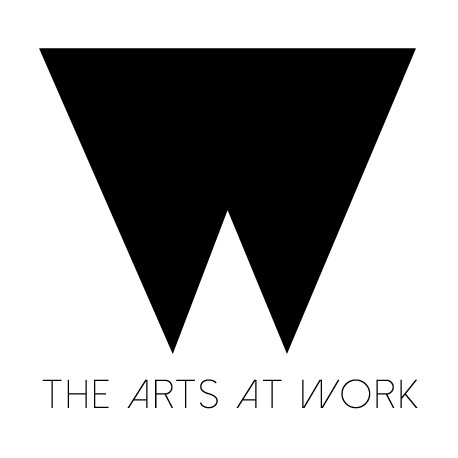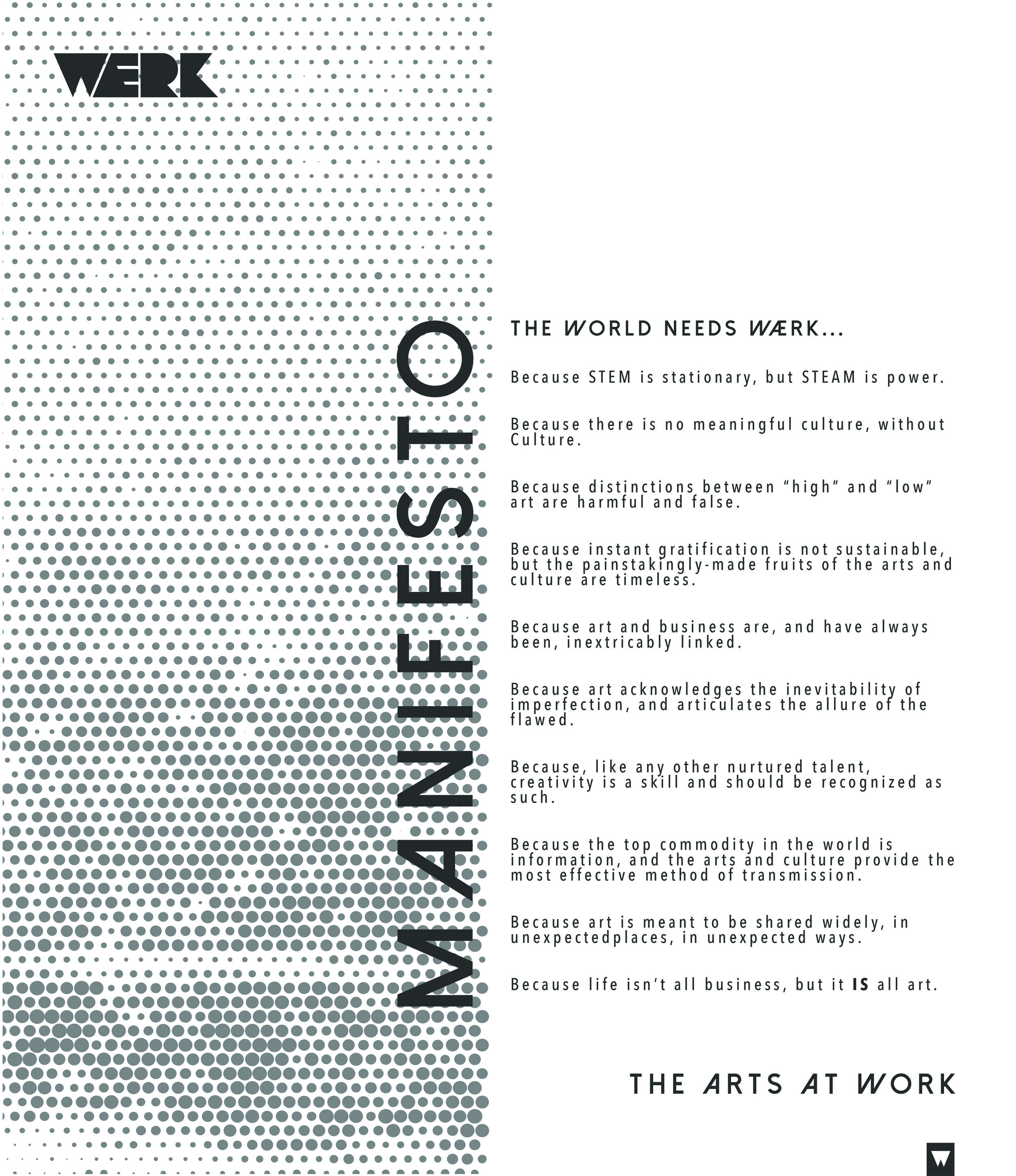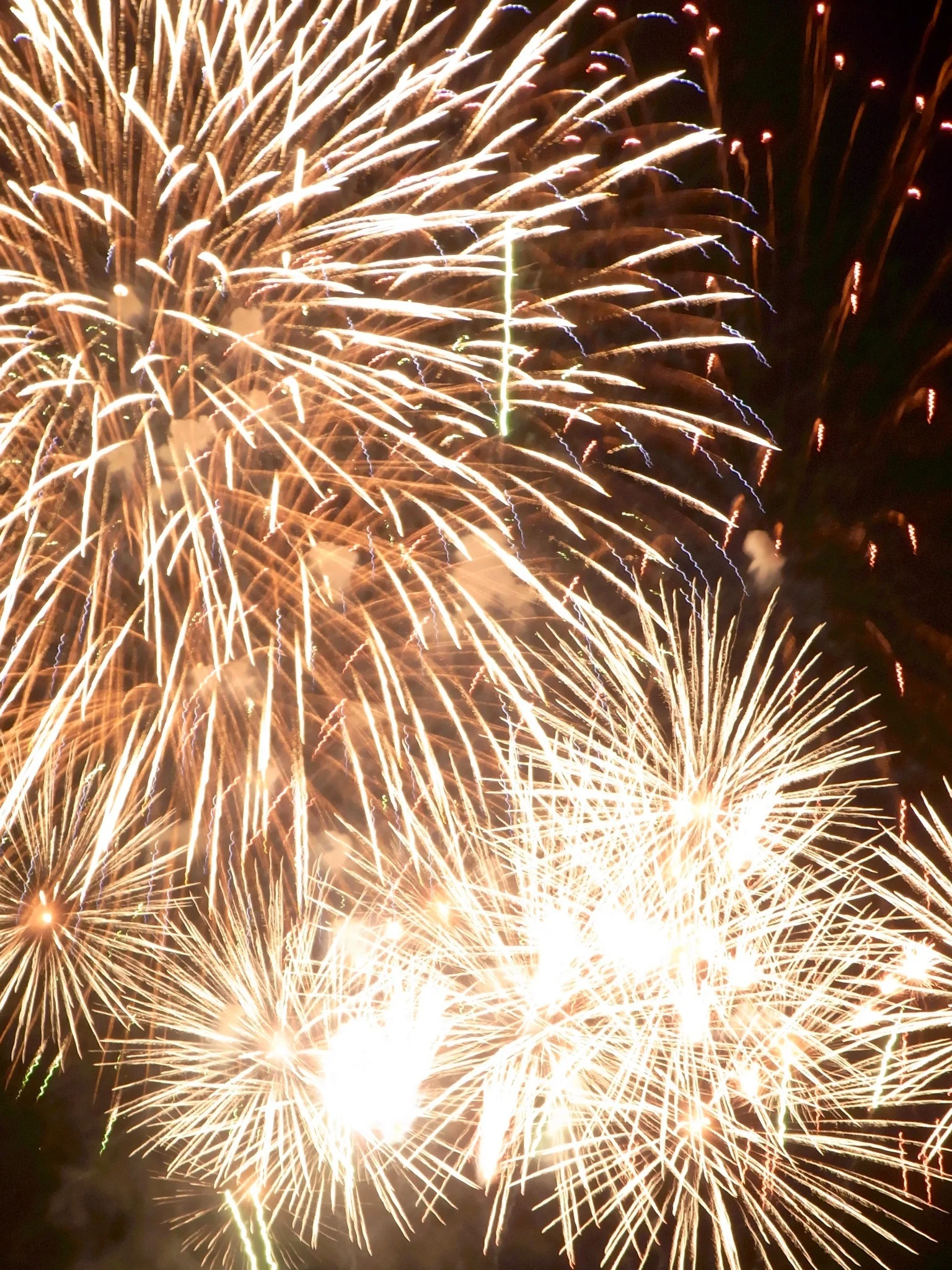Our advisory board member, Roseann Warren, recently sat for The WÆRK Questionnaire. We're thrilled to share her illuminating responses - on everything from STEM's current dominance to Wakanda - with you.
1. Describe what you do, in five words or less.
Purveyor of words and music.
2. What is your favorite artistic genre (and why and how does it influence your daily work)?
Music and books. Both grow from nothing and turn into something. As a music writer, I’m always listening to music, but when editing a book or writing about something non-music related, my choice of music is the instrumental, or I’ll start focusing on the vocals (the lyrics).
3. What's the best (creative or business) advice you've received?
I’ve always been impatient with the process and oftentimes just want things done. To ground myself while in the spin, I recall a conversation I had with my mother during a time of disappointment. She advised, “Take your time, it’s not a race. Everything happens in its time.” I hold that close to the chest. Whatever the time is, is always the right time.
4. What question do you wish we'd ask (please answer as well)?
What’s your plan?
I plan to expand my editorial consultancy to include other mediums (screenwriting particularly). I’ve always had a penchant for documentaries and dramas, and working with various writers will expose me to another style of writing I thoroughly enjoy consuming. I’ve grappled with the idea of being involved in education, initially at the college level, teaching courses in digital marketing. However, the more I think about it, the question of what would have a lasting impact is a stronger motivator. I plan to develop a program to assist children in building critical skills from an early age, by introducing them to literature or expanding upon what they’re already learning in school. Not to sound all Whitney Houston, but “the children are the future; treat them well and let them lead the way.” STEM is not the complete answer. We need to find ways to better incorporate the arts. And lastly, on a personal aspiration of mine. There’s a whole world out there I’ve barely scratched the surface on seeing. I’m focused on travel to faraway places and have submitted my application for Wakandan citizenship.
5. Which forces do you wish would be more influential, in the business world?
Due to having a liberal education and a career largely in the arts, the creative sector in business has always been of interest to me. What we have seen over the last 20 years is how technology has taken precedence over all, disrupting and even destroying industries, with the effect of dismantling livelihoods. The arts have been hit the hardest. Corporate companies target Business School graduates and ignore humanities and liberal candidates. We’ve witnessed a plethora of tone-deaf campaigns because marketing teams lack diversity. We’ve seen print media forced into unprofitable web entities to survive. We’ve seen the music industry become a non-tangible medium where the very content creators needed for these streaming services to work, are not being compensated fairly or even at all. We’ve seen social media distort perception of once caring about what is out there in the world to turn the camera on oneself, subverting the once ‘us’ into the ‘i’. I would like to see the merging of the arts and technology working together to create solutions that are emphatic, where profits are not rooted in sacrifice but leading a world towards compassion for others. Imagine that world!







